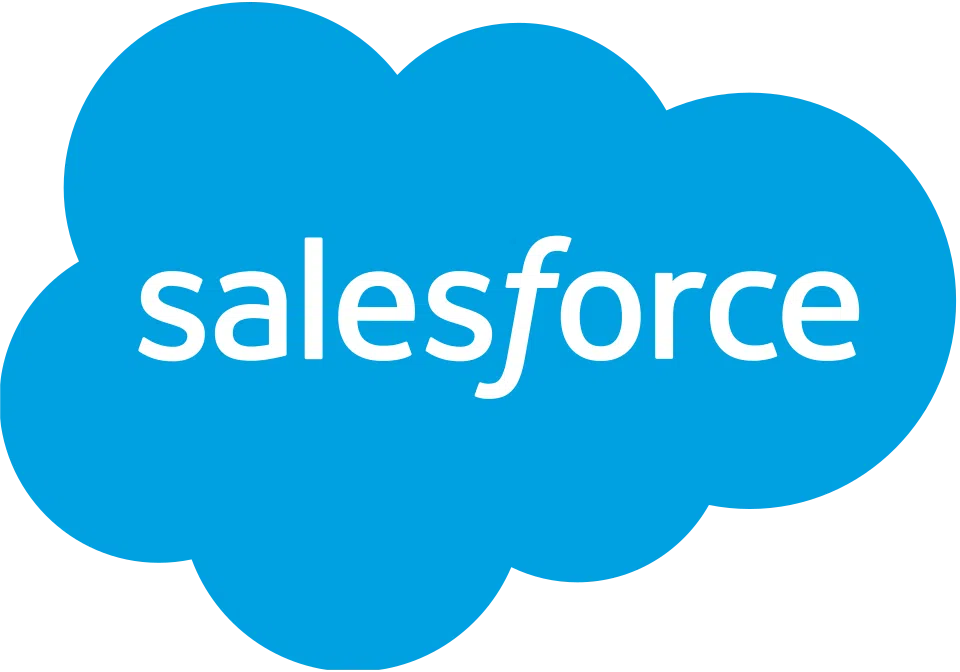In today’s digital age, data has emerged as the backbone of successful marketing strategies. Businesses that adopt data-driven marketing can craft campaigns that are precise, impactful, and highly personalized. By leveraging data, companies can connect with their audiences on a deeper level while optimizing resources for maximum ROI. Here’s an in-depth look at how businesses can use data for targeted marketing.
1. Data Collection for Marketing
The journey to successful data-driven marketing begins with effective data collection for marketing. Businesses must gather information from various channels, including customer interactions, surveys, social media, and website analytics. The quality of data collected significantly impacts the success of marketing analytics and targeted advertising efforts.
Data collection for marketing enables businesses to understand their customers better and create strategies that resonate with their needs. With robust systems in place, companies can ensure they capture relevant and actionable data.
2. Customer Segmentation
Customer segmentation is a critical step in data-driven marketing. By dividing their audience into smaller, more defined groups based on demographics, purchasing behaviors, or interests, businesses can tailor their campaigns for better engagement.
For example, using marketing analytics, a business might discover that one segment prefers email communication while another responds better to social media ads. Customer segmentation ensures that targeted advertising efforts reach the right people, boosting conversion rates.
3. Personalization Using Data
Incorporating personalization using data is essential for businesses aiming to stand out in a crowded market. With the help of data, companies can craft personalized messages, offers, and recommendations that address individual customer preferences.
For instance, e-commerce giants use data-driven marketing to suggest products based on browsing history. Personalization using data not only improves customer satisfaction but also fosters loyalty and long-term engagement.
4. Predictive Marketing
Predictive marketing leverages historical data and advanced analytics to forecast future customer behavior. By identifying patterns and trends, businesses can anticipate needs and tailor their strategies accordingly.
For example, predictive marketing might reveal the best time to launch a new product or identify customers likely to churn. This approach is a key aspect of data-driven marketing, enabling businesses to make proactive decisions that drive growth.
5. Marketing Analytics
Marketing analytics is the engine that powers data-driven marketing. By analyzing campaign performance metrics such as click-through rates, conversion rates, and ROI, businesses can gain valuable insights into what works and what doesn’t.
With tools like Google Analytics and CRM platforms, companies can fine-tune their marketing strategies. Marketing analytics plays a crucial role in optimizing customer segmentation, predictive marketing, and targeted advertising campaigns.
6. Big Data in Marketing
Big data in marketing allows businesses to process and analyze vast amounts of information that traditional methods cannot handle. By using technologies like AI and machine learning, companies can uncover deep insights about consumer behavior and preferences.
Big data in marketing empowers businesses to refine their targeted advertising strategies and improve personalization using data.
7. Targeted Advertising
Targeted advertising is one of the most visible applications of data-driven marketing. Platforms like Google Ads and Facebook Ads use data to deliver personalized ads based on user behavior, search history, and preferences.
By leveraging customer segmentation and marketing analytics, businesses can ensure their ads reach the right audience. Targeted advertising is not only cost-effective but also highly impactful, yielding better engagement and conversion rates.
8. Data Privacy in Marketing
While leveraging data for targeted marketing offers immense potential, businesses must prioritize data privacy in marketing. With regulations like GDPR and CCPA in place, companies must be transparent about how they collect, store, and use customer data.
Data privacy in marketing is essential for building trust and ensuring compliance. Ethical data collection for marketing fosters a positive relationship between businesses and their customers, laying the foundation for long-term success.
Conclusion
Data-driven marketing is transforming the way businesses approach their customers. By mastering marketing analytics, customer segmentation, predictive marketing, and personalization using data, companies can create campaigns that are both effective and engaging. Big data in marketing, targeted advertising, and a strong emphasis on data privacy in marketing further enhance the ability to connect with audiences meaningfully.
Incorporating data collection for marketing into your strategy is no longer optional—it’s a necessity for staying competitive. As businesses continue to explore new possibilities in data-driven marketing, the focus must remain on delivering value while respecting customer privacy.






















